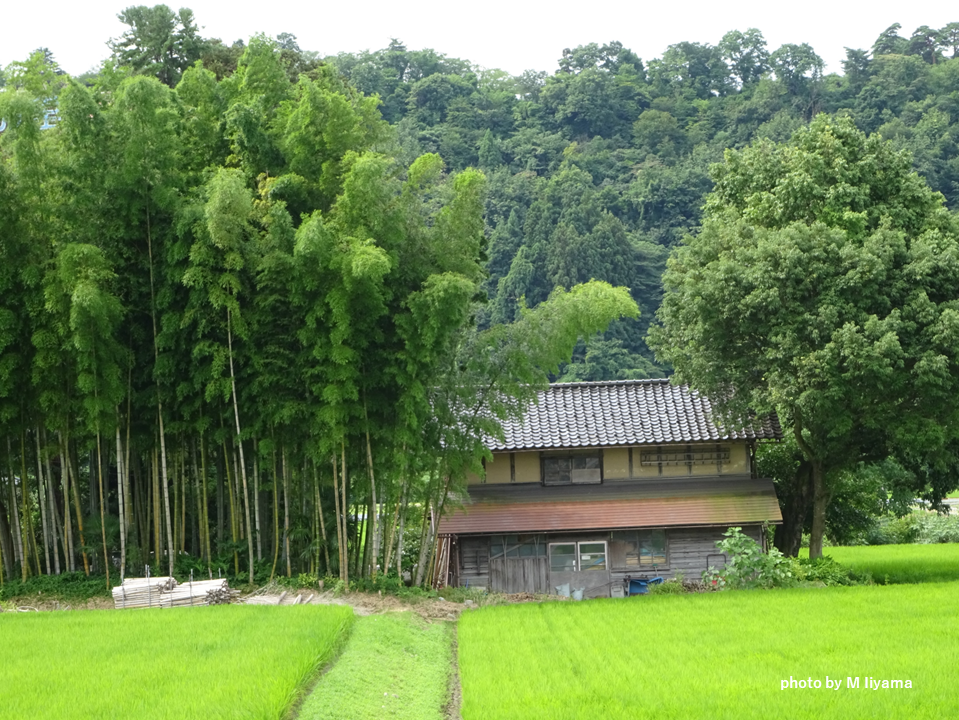Pick Up
824. Food Production and Ecosystem

824. Strengthening Food Production and Ecosystem Recovery
Geopolitical factors such as Russia's invasion of Ukraine and extreme weather conditions, as evidenced by daily heat waves, create uncertainty about food security. It is at times like these that we must consider the need to restore ecosystems that will lead to increased food production.
The following are excerpts from the United Nations Environment Programme (UNEP) article published in the World Economic Forum on July 20.
Ecosystems such as forests, wetlands and rivers not only provide water, livestock and pollinators essential for food production, but also play an important role in combating climate change. Despite this, ecosystem degradation is proceeding at a critical rate around the world, threatening one million species with extinction and causing enormous economic losses to the agricultural sector. In Europe, for example, soil erosion affects 7% of agricultural land and costs farmers €1.25 billion in lost productivity. Unsustainable land use practices are disrupting the Earth system and making it increasingly difficult to feed the world's 8 billion people. Restoring the ecosystem will not only improve agricultural productivity but also contribute to global food security.
The UNEP suggests the following three ways that humanity can increase food production while restoring the ecosystem.
Revive the soil
Eighty percent of the world's arable land is under at least one of the following degradation pressures: drought, vegetation decline, soil salinization, or soil carbon loss. Soil erosion alone affects one-fifth of the world's arable land. Soil degradation affects 3.2 billion people, or 40% of the world's population, and is projected to reduce global food productivity by 12% and increase food prices by about 30% by 2040. Suggested methods for restoring soil fertility include crop rotation, application of organic matter, and minimum or no-till farming practices.
Bring back the buzz
Bees are the world's best pollinators and are essential to food production. It is estimated that 70% of the world's top 100 crops, or 90% of the world's food, is pollinated by bees. Protecting bees, which are currently endangered, can make agriculture better for the environment.
Diversify crops
It is estimated that there are more than 50,000 varieties of food crops in the world, but just three - rice, corn, and wheat - provide 50% of the world’s energy needs. Reliance on a small number of crop varieties not only makes the global food system vulnerable to pests and climate change, but also makes it difficult to maintain food security in turn. Conversely, adopting sustainable agriculture and emphasizing the production of vegetables, fruits, and a variety of crops will not only restore biodiversity, but also enable adaptation to climate change, increase resilience, and shift to healthier diets.
Contributor: IIYAMA Miyuki (Information Program)
